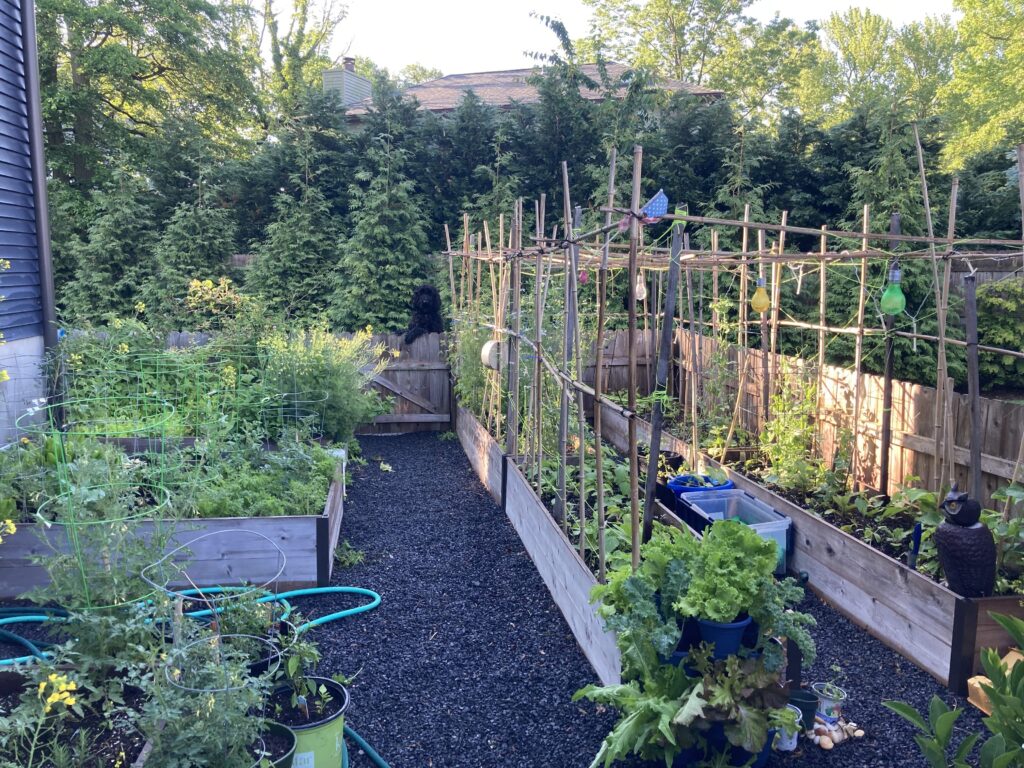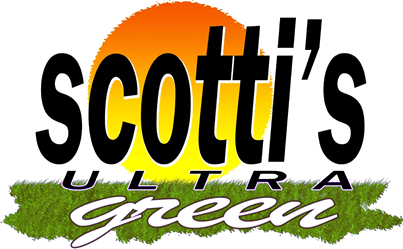Integrated Pest Management
What is Integrated Pest Management?
Integrated Pest Management (IPM) represents a strategic approach employing natural and safe methods for controlling landscape insects and diseases.
As a sustainable and environmentally conscious alternative, IPM stands in contrast to the indiscriminate spraying of chemical pesticides on commercial lawns, trees, and shrubs.
Our IPM-trained landscaping professionals exercise vigilant control over plant pests through consistent monitoring of commercial landscapes. Applying scientific expertise in plants, weather conditions, pests, and the environment, we ensure a comprehensive and eco-friendly approach to pest management for your commercial property.

Why Opt for Reduced Pesticide Usage?
Minimizing pesticide use is paramount for ensuring the safety of homeowners and their pets. Additionally, it contributes to the reduction of harm to local wildlife, forests, and streams.
Embracing Integrated Pest Management (IPM) techniques provides customers with a safe and effective means of controlling landscape insects and diseases.
Is IPM as Effective as Pesticides?
Absolutely, and it goes a step further by promoting the overall health of lawns, trees, and shrubs. Robust plant health enhances resistance to insects and diseases.
Will IPM Incur Additional Costs?
No, IPM comes at the same cost as traditional landscaping approaches that heavily rely on pesticides. Choosing IPM ensures a cost-effective and environmentally responsible solution for your commercial property.
IPM Methods Include:
Prevention
Strategic planting of grasses, trees, and shrubs resistant to insect infestation and disease is a proactive measure. Regular plant monitoring every two weeks throughout the growing season enables early pest identification, preventing significant damage.
Physical Control
Effective removal of pests from flowers and shrubs is achievable through simple methods. For instance, a robust jet of water can easily eliminate aphids and mites, while bagworms can be manually picked off plants.
Horticultural Controls
Manipulating the growing conditions of plants, such as adjusting nutrients and pH levels, plays a crucial role in maintaining plant health. Healthy plants are inherently less susceptible to insects and diseases. Utilizing proper pruning and mulching practices also aids in controlling harmful pests.
Biological Controls
IPM harnesses nature’s own mechanisms to control landscape insects and diseases. Beneficial insects like lady beetles and spiders serve as allies in the destruction of harmful pests such as aphids and mites. Additionally, nonpathogenic fungi can be employed to safeguard plants from diseases.
Chemicals
While the careful use of pesticides can be integrated into an IPM program, they are typically a last resort. Environmentally safe pesticides, such as horticultural oil or insecticidal soap, offer targeted treatment for specific insects and diseases within the overarching framework of IPM principles.
